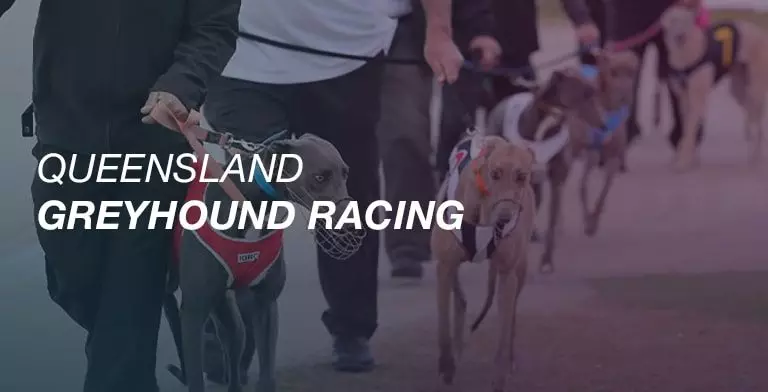Increased Queensland integrity kennel inspections yield higher positive swab detections rates

The number of greyhound positive samples to prohibited substances on race day have escalated in recent months after the Queensland Racing Integrity Commission's (QRIC) kennel inspection strategy has reached new heights.
In the past financial year, stewards conducted 480 kennel inspections on registered properties and testing dogs, a 36% increase in kennel inspections than the previous year.
Queensland's Chief Greyhound Steward Wade Hadley said it was disappointing there was an increase in trainers breaching the Rules of Racing, with a marked increase in positive prohibited substance results in recent months.
“Our three-pronged strategy that includes anywhere, anytime testing is getting results, but what we really want is for racing participants to bring their dogs to race clear of prohibited substances,” he said.
“We are doing proactive, reactive and out of competition testing to ensure trainers are complying with the rules.
“This state-wide approach uses the intelligence available to us along with random testing, where the element of surprise has led to a higher detection rate.
“More than 200 samples have been taken in the first half of this year.”
While prohibited substances are an integrity and animal welfare concern, Mr Hadley believes some of the positive results and an increase in banned therapeutic substances are due to trainers implementing incorrect husbandry practises, causing cross contamination of medications and inadvertently contaminating their dogs on race day.
The QRIC's Head Canine Veterinarian Dr Andrew Lobb, said cross contamination, can occur if medications are not managed correctly.
“Racing participants should be aware that some medications may produce unintended side effects such as allergic reactions or organ injury in animals they're not prescribed for,” he said.
“They will also be detectable as prohibited substances in a swab.”
Dr Lobb said medications have different properties and can be present for various durations in the body.
“Some medications may build up over time with repeated exposure, or stay present in the body for a prolonged period after a single dose,” Dr Lobb said.
“It is important to be aware of this risk if a racing dog is taking medications including being aware that medications are usually absorbed and metabolised by the body and subsequently excreted in bodily waste and fluids creating a risk for cross contamination.”
Chief Steward Hadley said trainers must be aware that if prohibited substances are found, it may lead to harsh penalties including disqualification or suspension, and he warned that all participants should be forewarned that kennel inspections and the testing of their animals can occur at any place and anytime.